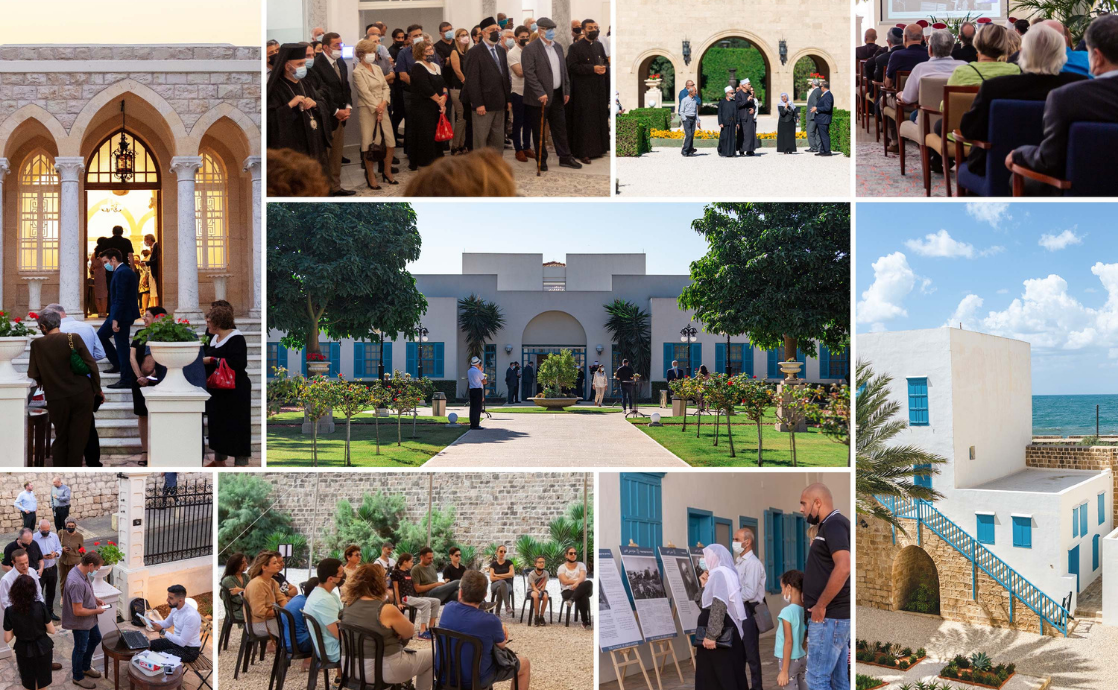The centenary of ‘Abdu’l-Bahá’s passing marks a significant juncture in Bahá’í history, a moment imbued with reflection, reverence, and an opportunity for renewed understanding. ‘Abdu’l-Bahá, the son of Bahá’u’lláh, the founder of the Bahá’í Faith, is celebrated not merely for his role as a leader but also for his profound contributions to spiritual and social evolution. His life and work in the Holy Land resonate deeply within the Bahá’í community and beyond, prompting inquiry into the subtleties of his teachings and their continuing relevance today.
In contemplating the life of ‘Abdu’l-Bahá, it is essential to recognize the context within which he lived and worked. Arriving in the Holy Land after a lifetime of hardship and exile, he became a guiding light for a burgeoning religious community at a time when its future was uncertain. The complexity of his circumstances fostered an environment ripe for both introspection and action. It is through this lens of profound adversity that one might begin to grasp the remarkable resilience and expansive vision that characterized his service. His own life experience mirrored many of the challenges faced by modern societies, inviting contemporary followers to draw connections between past conflicts and present realities.
As a central figure in the Bahá’í Faith, ‘Abdu’l-Bahá embodied the principles of unity and peace. His teachings emphasized the necessity of global harmony, advocating for an integrated world where all cultures and nations can coexist. ‘Abdu’l-Bahá’s commitment to these ideas culminated in numerous travels, particularly to the West, where he engaged with a diverse array of audiences. It is compelling to consider how such outreach not only advanced the Bahá’í message but also fostered intercultural dialogue at a time marked by division. His ability to transcend cultural barriers is a testament to the authenticity and universality of his teachings.
Moreover, the allure of ‘Abdu’l-Bahá’s life lies in the deep philosophical underpinnings of his doctrines. His discourses often elucidated the concept of the oneness of humanity, transcending simplistic narratives of national identity. This notion resonates acutely in a world increasingly fragmented by conflicts and misunderstandings. The profundity of his insights invites reflection on the innate potential within all individuals to contribute to collective well-being, further prompting inquiries about the nature of one’s responsibilities toward others. The duality of spiritual idealism and practical action found in ‘Abdu’l-Bahá’s life serves as a profound catalyst for social change.
Examining the specific contributions of ‘Abdu’l-Bahá during his tenure in the Holy Land reveals a multitude of dimensions to his leadership. He was instrumental in the establishment of foundational institutions that govern the Bahá’í community today, such as the Universal House of Justice. His vision for governance—by consultation and collective decision-making—stands as an innovative model that could benefit contemporary society. At a time when authoritarian regimes often dominate, ‘Abdu’l-Bahá’s advocacy for participatory governance remains salient, offering a framework that champions collaboration, transparency, and inclusivity.
Furthermore, the emphasis on education is another hallmark of ‘Abdu’l-Bahá’s legacy. Promoting the education of both men and women, he understood the transformative power of knowledge. This advocacy can be viewed as a clarion call for today’s learners, encouraging them to leverage their learning for the betterment of humanity. The evident connection between education and social advancement underscores the vital role of informed citizenry in fostering lasting change.
However, it is perhaps in the personal characteristics of ‘Abdu’l-Bahá that one finds the most inspiring elements of his legacy. His unabashed humility, kindness, and compassion serve as exemplary models for all who seek to lead a meaningful life. Engaging with others in a sincere manner, ‘Abdu’l-Bahá emphasized the importance of personal relationships built on trust and respect. The authenticity with which he interacted with people from all walks of life invites followers to consider their own interpersonal engagements and the transformative potential of genuine human connection.
As we reflect upon the centenary of ‘Abdu’l-Bahá’s passing, it is vital to acknowledge the deeper significance of his teachings within the current socio-political landscape. The global challenges we face, from climate change to social inequalities, illuminate the urgency of his message promoting unity and collaborative engagement. The Bahá’í principles, which advocate for the elimination of prejudice and the promotion of social justice, provide an ethical compass to navigate the complexities of modern existence.
In conclusion, the life of ‘Abdu’l-Bahá stands as a monumental example of leadership grounded in compassion, service, and vision. The centenary commemorations encourage a reinvigoration of his teachings, inviting individuals and communities alike to engage with the principles of unity, justice, and love for humanity. Reflecting on ‘Abdu’l-Bahá’s legacy invites not only remembrance but also a call to action, encouraging a collective movement toward the establishment of a just and harmonious world. As individuals across the globe contemplate his contributions, they are offered a profound opportunity to embody these ideals in their own lives, forging connections that affirm the oneness of humankind.
